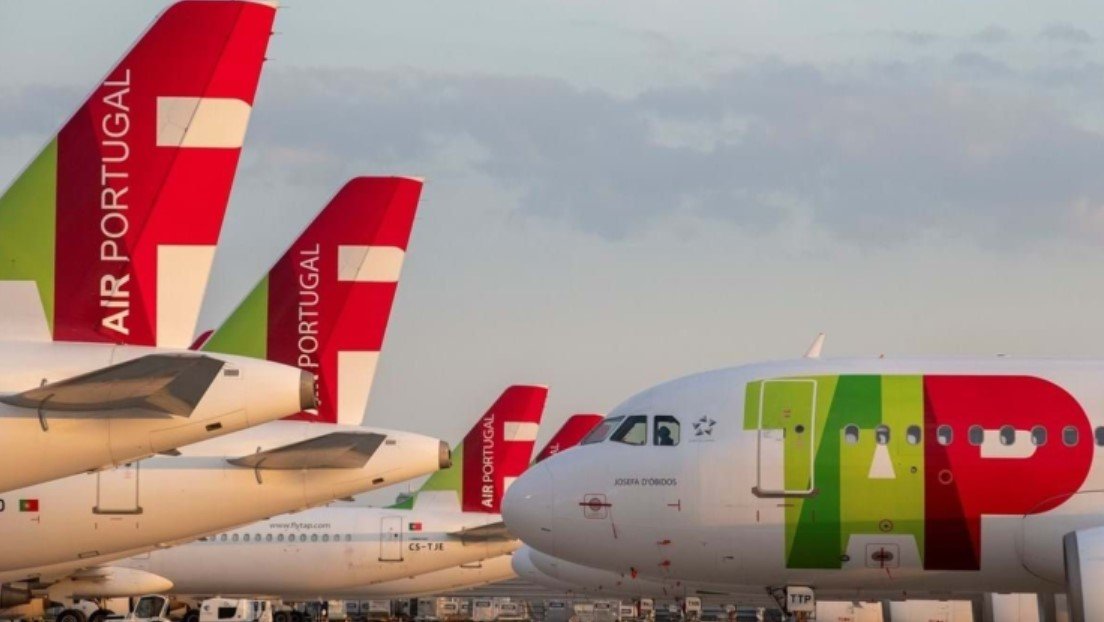TAP Air Portugal, the national flag carrier of Portugal, has finally launched its privatization process after years of delay and uncertainty. The airline, which was rescued by the government in 2020 amid the COVID-19 pandemic, is now looking for a strategic partner to take over at least 51% of its shares. The government will retain a minority stake in the airline to protect its national interests and ensure its viability.
Why TAP Air Portugal needs privatization
TAP Air Portugal was one of the many airlines that suffered from the devastating impact of the COVID-19 crisis on the aviation industry. The airline faced a liquidity crisis and had to rely on a state aid package worth €3.2 billion ($3.7 billion) to survive. The European Commission approved the rescue plan in June 2020, but it came with strict conditions, including a restructuring plan and a partial privatization of the airline.
The restructuring plan, which was approved by the Commission in July 2021, involved cutting costs, reducing staff, and optimizing the fleet and network. The plan aimed to restore the airline’s profitability and competitiveness by 2025. However, the plan also required the airline to find a private investor who would buy at least 51% of its shares and inject fresh capital into the company.
The privatization process, which was supposed to start in July 2021, was delayed due to several factors, including the valuation of the airline, the legal disputes with former shareholders, and the uncertainty caused by the pandemic. The government finally announced in September 2021 that it had hired two independent advisers to value the airline and prepare the privatization process.

Who is interested in buying TAP Air Portugal
TAP Air Portugal is an attractive asset for potential buyers, as it has a strong presence in the lucrative markets of Brazil and Africa, as well as a modern fleet of Airbus aircraft. The airline also has a strategic hub in Lisbon, which offers convenient connections between Europe and other continents.
Several European airline groups have expressed interest in acquiring TAP Air Portugal, including Air France-KLM, Lufthansa, and International Airlines Group (IAG). These groups are looking to expand their market share and network in the post-pandemic era, and TAP Air Portugal could offer them access to new destinations and customers.
However, there are also some challenges and risks involved in buying TAP Air Portugal. The airline is still struggling with financial losses and debt, and it faces stiff competition from low-cost carriers such as Ryanair and easyJet. Moreover, the buyer would have to comply with the terms and conditions of the state aid package and the restructuring plan, which could limit its operational flexibility and profitability.
What are the next steps for TAP Air Portugal’s privatization
The government expects to approve the privatization framework by October 2021, and then launch a public tender for interested parties to submit their bids. The government hopes to complete the privatization process by early 2022, but it also acknowledges that it depends on market conditions and regulatory approvals.
The government has stated that it will choose the best offer for TAP Air Portugal, taking into account not only the price but also the strategic vision, the financial capacity, and the social responsibility of the bidder. The government also wants to ensure that TAP Air Portugal remains a Portuguese brand and a key player in the country’s tourism and economy.
The privatization of TAP Air Portugal is seen as a crucial step for the airline’s recovery and sustainability. The airline hopes to find a partner who can help it overcome its challenges and achieve its goals. However, the outcome of the privatization process remains uncertain, as it depends on many factors that are beyond the control of the airline and the government.
